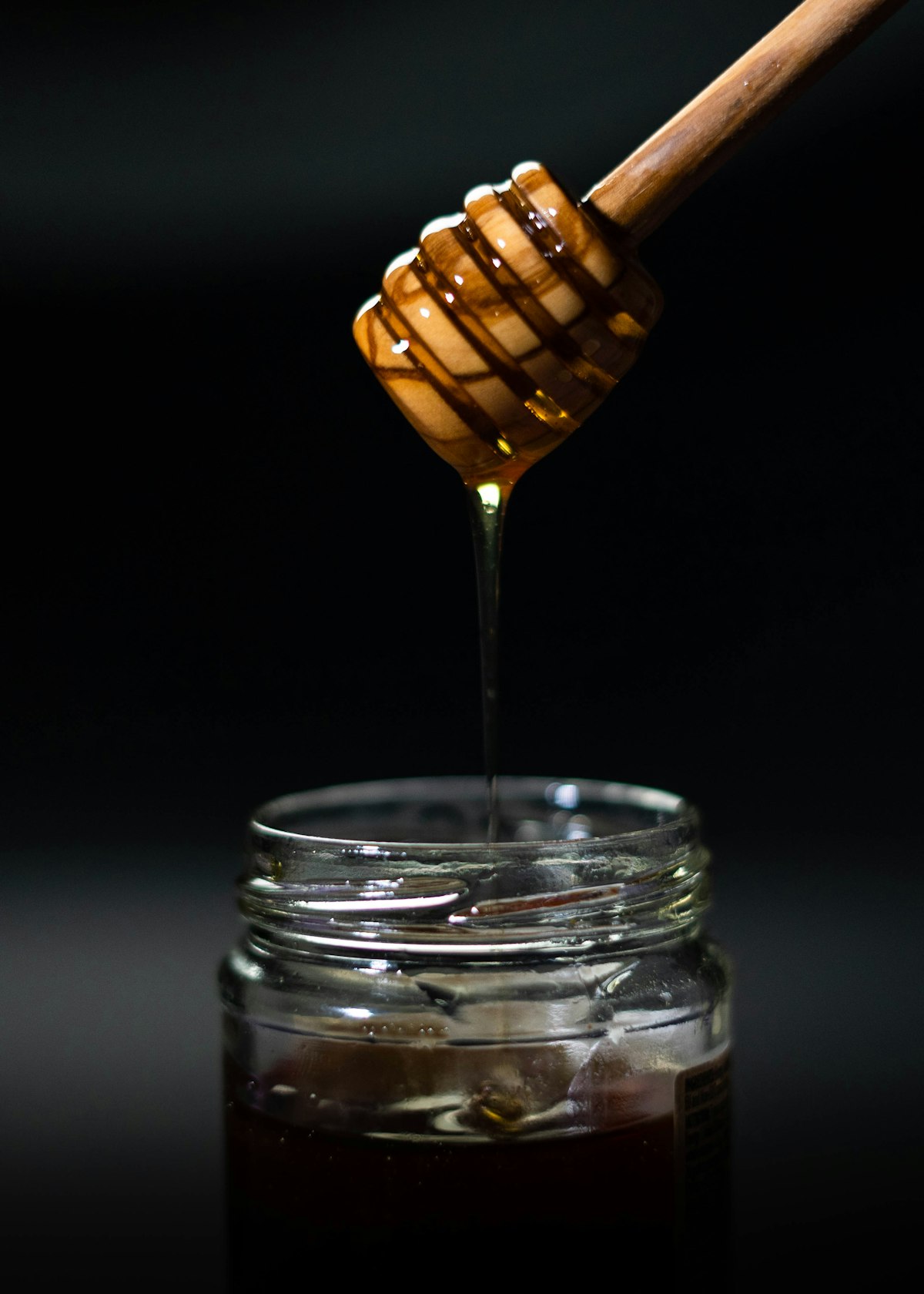Pirated Honey a Global Problem
Honey from China has a high incidence of adulteration, tests find.

Honey is one of the most popular and beneficial natural sweeteners for health, but did you know that pirated or adulterated honey is a very common problem in many places around the world?
According to Mexico's National Committee of the Beekeeping Product System, three out of every four jars of honey sold in Mexico City are adulterated, especially those from China. This honey is made with fructose syrup and a large amount of prohibited insecticides that are harmful to health.
In 2020 and 2021, the U.S. Food and Drug Administration collected and tested 144 samples of imported honey from bulk and retail shipments from 32 countries. It found 14 samples (10%) to be adulterated and placed the associated company and product on an import alert.
Adulterated honey is very dangerous because it contains traces of antibiotics and insecticides. This represents a serious danger to consumers, as it can cause long-term health problems.
The Chinese honey problem
China is one of the main honey producers in the world and its production has doubled in recent years. This increase in production has led to Chinese honey expanding into markets around the world, including Mexico and the United States.
The introduction of pirated honey, especially from China, has led to a drop in domestic honey production and has affected the economy of many local producers. In fact, honey production in Mexico has fallen 12.9% in recent years, according to data from the Servicio de Información Agroalimentaria y Pesquera.
Pirated honey not only affects Mexican beekeepers, but also consumers. As an unregulated product, pirated honey may contain chemicals and other dangerous ingredients that can negatively affect people's health.
How to recognize natural honey
It is important to know how to recognize good and natural honey to avoid consuming pirated or adulterated honey. Here are some tips to identify pure honey:
- Price: Pure honey has a higher market price than pirated or adulterated honey. If you see a honey with a price too low, it is probably pirated.
- Dilution: When pure honey is diluted with water and a little alcohol, there is no reaction, while adulterated honey produces foam.
- Crystallization: Pure honey crystallizes in the jar and has a light yellow color, while adulterated honey does not crystallize and looks more like molasses.
- Origin: It is important to verify the origin of the honey and make sure it is from a reliable and quality source.
Pirated honey not only affects the health of consumers, but also the economy and survival of beekeepers. It is important to take measures to avoid the purchase and consumption of pirated honey, supporting the production of natural and quality honey.
